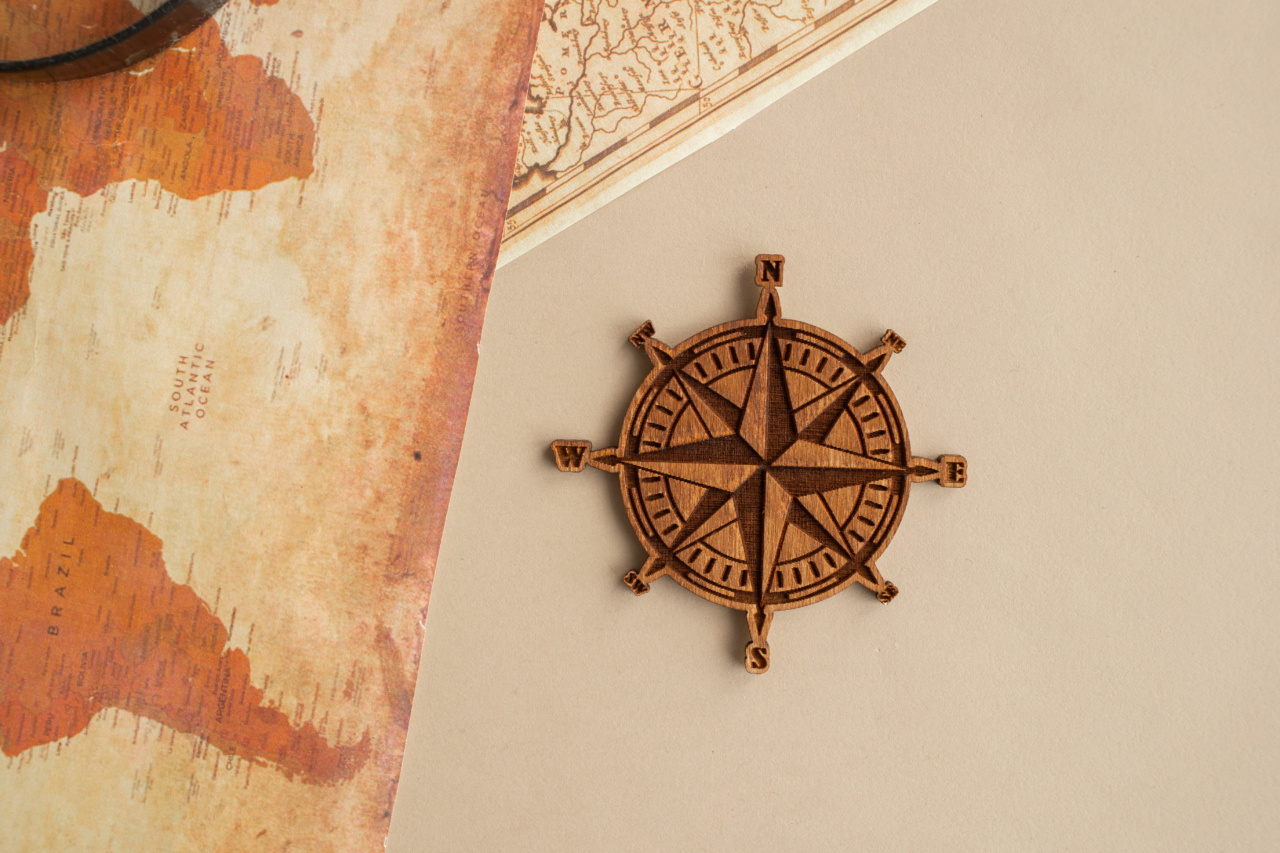Stones, also known as calculi, can be formed in various parts of the body, such as the kidneys, gallbladder, and urinary tract. These hard deposits can cause excruciating pain and lead to serious health complications if not managed properly.
In this comprehensive guide, we will discuss the formation, types, symptoms, prevention, and treatment of stones, along with some useful tips to avoid their recurrence.
Types of Stones
Stones can be classified into different types based on the location and composition:.
Kidney Stones
Kidney stones are one of the most common types and are usually composed of calcium oxalate or calcium phosphate.
Other less common types include struvite stones (associated with urinary tract infections), uric acid stones (related to high uric acid levels), and cystine stones (caused by a hereditary condition).
Gallstones
Gallstones are hardened deposits that develop in the gallbladder. They are primarily made up of cholesterol but can also contain bilirubin. Gallstones can vary in size and number, and they can cause severe pain if they block the bile ducts.
Urinary Stones
Urinary stones, also known as bladder stones, are formed in the urinary tract. They can be composed of various minerals like calcium, oxalate, phosphate, or uric acid. Urinary stones can cause discomfort, frequent urination, and blood in the urine.
Symptoms and Complications
The symptoms of stone formation vary depending on their location. However, some common symptoms include:.
- Severe pain in the abdomen, back, or sides
- Bloody or cloudy urine
- Frequent urination
- Nausea and vomiting
- Difficulty urinating
- Yellowing of the skin and eyes (in the case of gallstones)
If left untreated, stones can lead to complications such as urinary tract infections, kidney damage, obstruction of urine flow, or even sepsis (a life-threatening infection).
Prevention Techniques
While some risk factors for stone formation, such as genetics or certain medical conditions, cannot be controlled, there are several preventive measures you can take:.
Stay Hydrated
Drinking an adequate amount of water throughout the day is essential. It helps dilute the urine and prevents the concentration of minerals that can lead to stone formation. Aim to drink at least 8 glasses of water daily.
Watch Your Diet
Avoid consuming excessive amounts of foods high in oxalate, such as spinach, rhubarb, nuts, and chocolate. Limiting sodium intake is also beneficial, as it reduces the amount of calcium excreted in urine, consequently lowering the risk of stones.
Include Citrus Fruits
Citrus fruits like lemons and oranges contain citrate, which inhibits stone formation. Consider adding fresh citrus juices to your diet or simply squeeze some lemon into your water.
Manage Weight and Diet-Related Conditions
Obesity and conditions like diabetes can increase the risk of stone formation. Maintain a healthy weight through regular exercise and a balanced diet. Control blood sugar levels if you have diabetes by following your healthcare provider’s advice.
Avoid Excessive Protein Intake
Eating excessive amounts of animal protein can increase levels of uric acid, leading to the formation of uric acid stones. Moderation is key; consult a healthcare professional to determine the appropriate amount of protein for your diet.
Medical Treatment Options
If you develop stones despite preventive measures, medical intervention may be required. The appropriate treatment depends on the type, size, and location of the stones:.
Medication
If the stones are small and likely to pass on their own, your healthcare provider may prescribe pain medication and medications to help relax the urinary tract muscles, facilitating stone passage.
Lithotripsy
In this non-invasive procedure, shock waves are used to break down stones into smaller pieces, making them easier to pass naturally or with minimal intervention.
Surgery
If the stones are large, causing significant pain and complications, surgical intervention may be necessary.
Common surgical procedures include ureteroscopy (inserting a thin tube to remove or break down stones) and nephrolithotomy (surgical removal of kidney stones).
Follow-Up and Prevention
After stone removal or passage, it’s crucial to follow-up with your healthcare provider regularly. They can monitor your condition, perform necessary tests, and provide guidance on preventive measures to avoid future stone formation.
Taking Steps towards a Stone-Free Life
Avoiding stones requires a combination of lifestyle changes, dietary modifications, and medical interventions when necessary.
By adopting a proactive approach and incorporating preventive measures into your daily routine, you can significantly reduce the risk of stone formation and enjoy a healthier, stone-free life.































